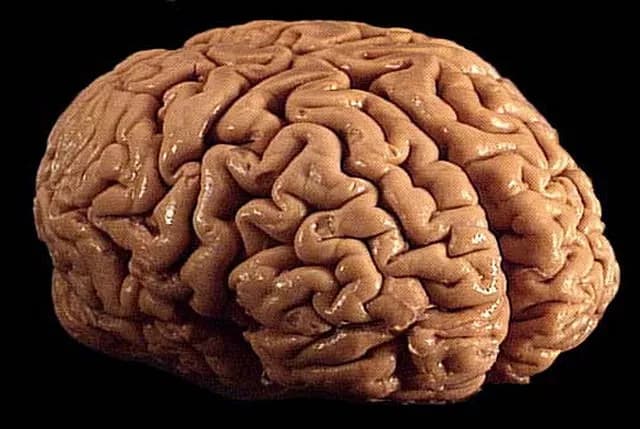
New Drug Combination Shows Promise Against Childhood Brain Cancer
Researchers at Sanford Burnham Prebys Medical Discovery Institute (SBP) have identified a new combination therapy for the most aggressive form of medulloblastoma, a fast growing type of pediatric brain cancer. The study was published online today in Cancer Cell, and is expected to lead to a clinical trial to confirm the benefits of the novel drug combination.
"Our goal was to identify drugs with minimal toxicity that we can move quickly from the laboratory to the clinic, where new therapeutic options are desperately needed," said Robert Wechsler-Reya, Ph.D., director of the Tumor Initiation and Maintenance Program at SBP and senior author of the study. "Using high-throughput drug screening, we identified a compound that cooperates with a second drug to inhibit tumor growth in vitro and in vivo."
Medulloblastoma, a fast-growing cancer that arises in the cerebellum, is diagnosed in about 400 children annually in the U.S., making it the most common malignant brain tumor in children. Success rates for treating this cancer are improving, but lag behind those for other pediatric cancers.
Of the four distinct forms of medulloblastoma, patients with Group 3 tumors have the worst prognosis -- only 40 percent of these patients become long-term survivors, compared to 80 percent of other medulloblastoma patients. Most Group 3 medulloblastoma cancers have high levels of the MYC oncogene, which causes cells to divide uncontrollably and form tumors.
Using mice with Group 3 medulloblastoma tumors, the research team demonstrated that the combination of two drugs, histone deacetylase inhibitors (HDACIs) and phosphatidylinositol 3-kinase inhibitors (PI3KIs), potently kill mouse and human medulloblastoma cells with minimal toxicity to normal cells.
"Our initial screen identified several HDACIs that killed MYC-activated medulloblastoma cells without harming normal cells." said Yanxin Pei, Ph.D., assistant professor at Children's National Medical Center in Washington, D.C. and co-first author of the study. "The most potent of these compounds, panobinostat, is in clinical trials for other cancers but has not been tested for medulloblastoma," he said.
"Additional studies revealed that panobinostat works by promoting the activity of FOXO1, a gene that interferes with the MYC oncogene," said Kun-Wei (Ken) Liu, Ph.D., a postdoctoral fellow in Wechsler-Reya's lab and co-lead author. "We figured that panobinostat and a PI3KI -- also known to activate FOXO1 -- might synergize to block cancer cell survival. Indeed, the combination therapy significantly improved survival of mice with human MYC tumors compared to each drug on its own."
"This study highlights the value of high-throughput drug screening to identify therapies that are effective for specific types of disease," said Wechsler-Reya. "It also demonstrates how combinations of drugs can be much more effective than single agents.
"In general, clinical trials for medulloblastoma are challenging because of the limited number of patients. Moreover, given the variability of the disease, most therapies will only work on a subset of patients. Figuring out which patients will respond to which therapies is a major goal of research in the field. If we can tailor therapies based on the genetic makeup of the tumor -- a strategy commonly referred to as personalized medicine -- this could have an enormous impact on patients with this disease," according to Wechsler-Reya.
The above post is reprinted from materials provided by Sanford-Burnham Prebys Medical Discovery Institute. The original item was written by Jessica Moore. Note: Materials may be edited for content and length.
Disclaimer: DoveMed is not responsible for the adapted accuracy of news releases posted to DoveMed by contributing universities and institutions.
Primary Resource:
Pei, Y., Liu, K. W., Wang, J., Garancher, A., Tao, R., Esparza, L. A., ... & Seker-Cin, H. (2016). HDAC and PI3K Antagonists Cooperate to Inhibit Growth of MYC-Driven Medulloblastoma. Cancer Cell, 29(3), 311-323.
Related Articles
Test Your Knowledge
Asked by users
Related Centers
Related Specialties
Related Physicians
Related Procedures
Related Resources
Join DoveHubs
and connect with fellow professionals

0 Comments
Please log in to post a comment.